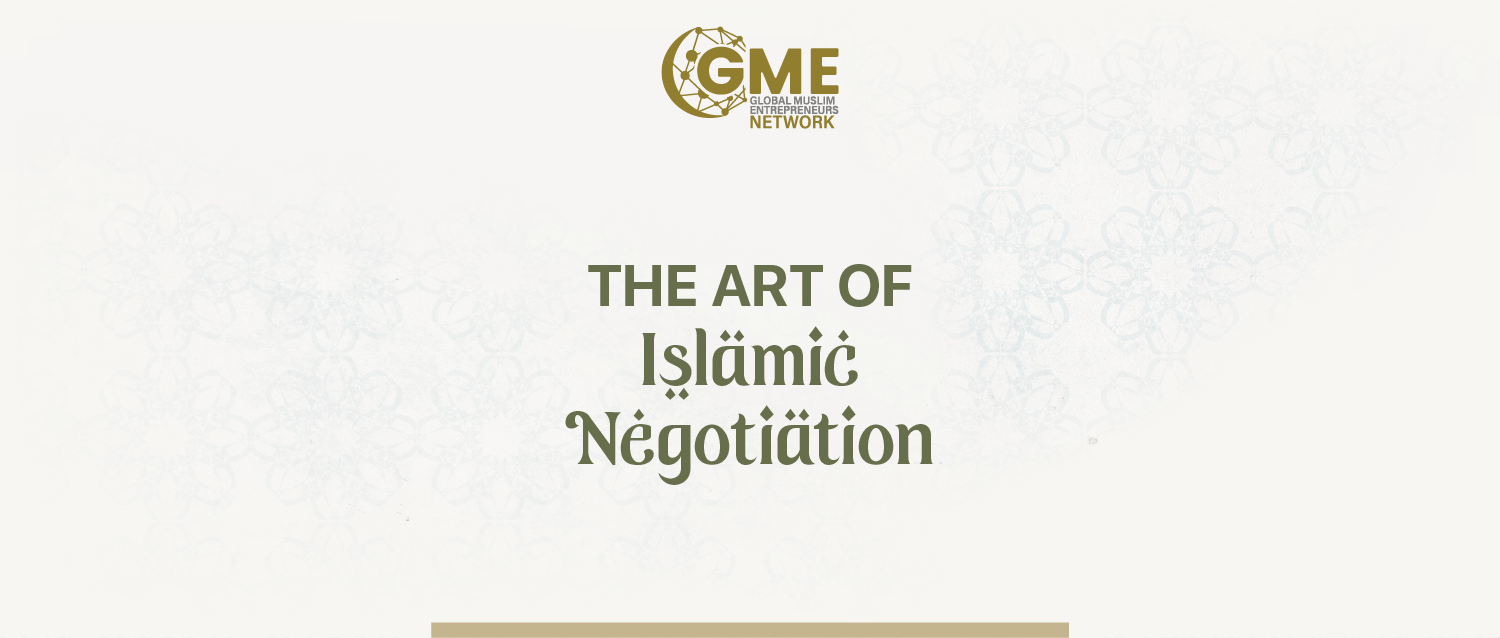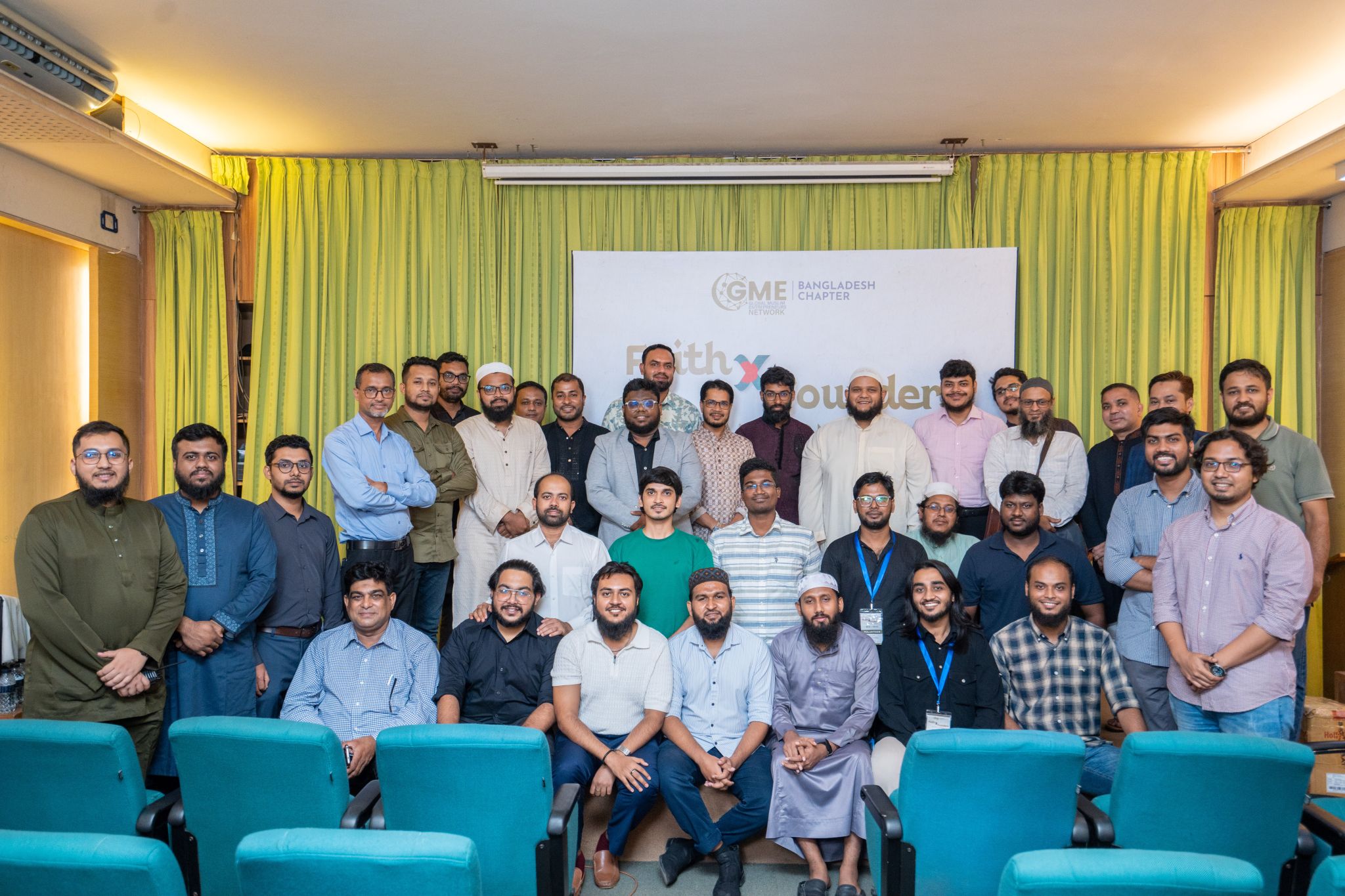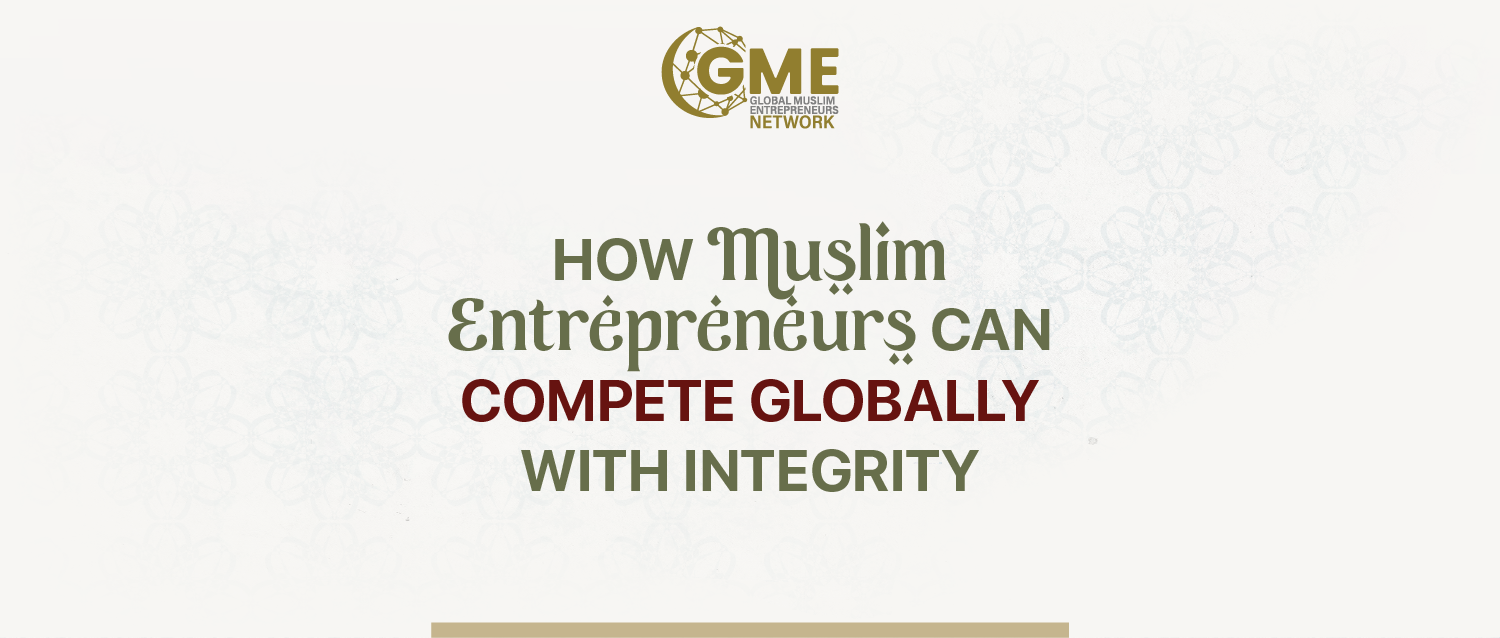Have you ever walked out of a business deal feeling uneasy—not because you lost money, but because it did not feel right? For Muslim entrepreneurs, negotiation is not just about winning terms. It is about reaching agreements with fairness, trust, and barakah (blessing).
Islam teaches us that how we negotiate matters as much as the result. When done properly, negotiation becomes not just a business skill but also an act of worship.
What Makes Islamic Negotiation Different?
In the modern business world, negotiation often feels like a battlefield—who can outsmart the other? But in Islam, the goal is not to defeat someone; it is to reach a mutually beneficial agreement grounded in honesty and respect. 📖 The Prophet Muhammad (peace be upon him) said: “May Allah have mercy on a man who is generous when he buys, generous when he sells, and generous when he demands his due.” (Sahih al-Bukhari 2076) This Hadith sets the tone: kindness, fairness, and clarity should guide every business discussion.1. Begin with Sincerity and Clear Intention
Before any negotiation, ask yourself:- Is my goal halal and ethical?
- Am I seeking fairness for both sides?
2. Build Trust Before Talking Numbers
In Islamic negotiation, trust is the strongest currency. Spend time understanding the other person’s needs, challenges, and concerns.- Be transparent about what you can offer.
- Avoid withholding key information to gain an unfair advantage.
3. Speak Honestly and Avoid Ambiguity
Ambiguous terms lead to disputes. Islam emphasizes clarity in agreements. Write contracts, state conditions clearly, and avoid hidden clauses. The Prophet (peace be upon him) said: “Muslims are bound by their conditions.” (Sunan Abu Dawud 3594) Practical Tip: Document every key point—payment, delivery, quality standards—so both sides have peace of mind.4. Negotiate with Generosity, Not Greed
Hard bargaining that squeezes the other party often leads to resentment and loss of trust. Instead:- Offer fair prices.
- Be willing to compromise where reasonable.
- Think long-term: a satisfied partner will return and bring others.
5. Reject Dishonest Tactics
Islam strictly forbids deceit or manipulation in business.- No false claims.
- No hiding defects in products or services.
- No exploiting desperate buyers or sellers.
6. Seek Win-Win Solutions
Islam encourages ‘ihsan’ (excellence)—going beyond fairness. A truly successful negotiation is when both sides feel respected and satisfied.- Offer extra value if you can, even beyond what was agreed.
- Be flexible if the other party faces genuine hardship.
7. Close with Dua and Documentation
Once terms are agreed:- Write everything clearly in a contract.
- Seal the deal with a handshake or formal acceptance.
- Make du’a for mutual success: “May Allah put barakah in this deal for both of us.”
The Power of Islamic Negotiation Today
In global business, where mistrust is common, Islamic negotiation is a breath of fresh air. It builds:- Stronger reputations: You become known as honest and fair.
- Loyal networks: Partners trust you and return for repeat deals.
- Barakah-driven success: Your earnings are clean and blessed.
Reflection
Ask yourself:- Do I negotiate only to win, or to be fair?
- Would I be comfortable standing before Allah with my business deals?
Your Action Steps:
- Before your next deal, write your intention down.
- Prepare clear, honest terms with no hidden conditions.
- Approach the discussion with generosity, not force.






